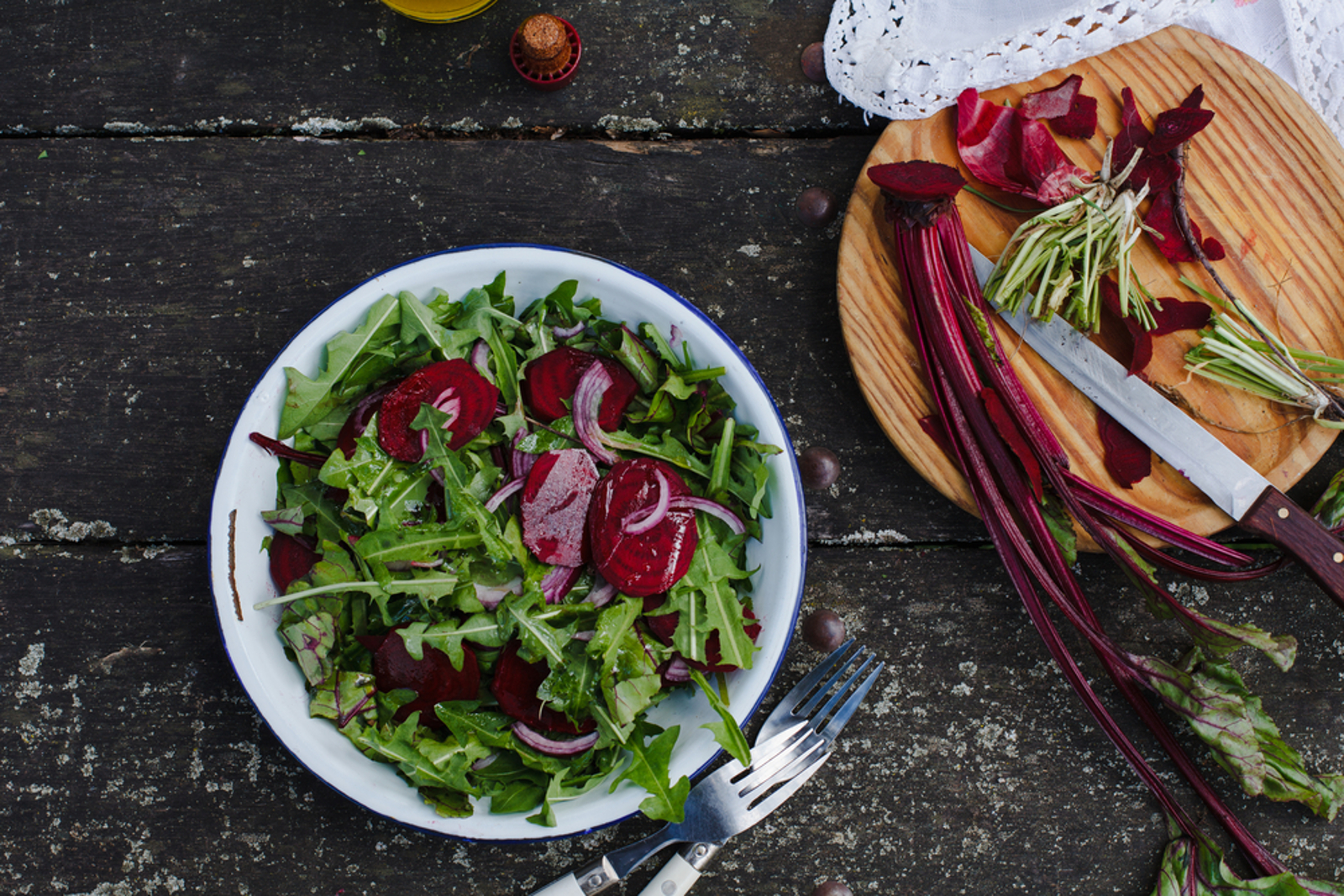By Heather McClees
Whether it be joint pain, chronic fatigue, acne, digestive issues or any amount of pain in the body, inflammation is one of the largest root causes of disease today. Diabetes, heart disease, and other major health problems all stem back to inflammation in some way or another. When the body is out of balance, the pH levels of the blood are affected. This not only disturbs the body’s natural processes, but also makes you feel pretty horrible in the meantime. Many people are even suffering inflammation and possibly don’t even realize it. And sadly, over-the-counter medications may help one deal with the symptoms, but they’re not taking care of the overall root problem.
Inflammation and Diet: Making the Connection
One of the best ways to improve your health is to eat from the earth. It’s full of the most healing, nutrient-dense foods you can put in your body that are all more alkaline in nature than animal-based foods, sugar, processed foods, caffeine drinks, alcohol and refined grains. Dairy is one of the most inflammatory foods, along with eggs, meat, and poultry. Sadly, many of these foods make up the majority of the American Diet and are leading us to health problems like heart disease and diabetes.
How to Treat Inflammation at All of Your Meals
Many foods fall in different rages on the pH scale, according to how acid or alkaline they are. All animal foods fall under the acid category while plant-based foods vary in their alkaline levels. You don’t need to get too technical with which one is better than another, but it’s a smart choice to work them into your diet when you can.
Here are 10 of some of the lesser-known, yet extremely beneficial alkalizing foods to add to your meals:
1. Dark Lettuces
You might write off those dark lettuces as nothing worthy of your dollars and skip right to the kale and collards. And while kale and collards are definitely alkalizing superstars, you’re missing out if you pass up those dark-hued lettuce varieties. Their deep color indicates their high nutrient content, including chlorophyll for your blood sugar, Vitamin K, and lots of Vitamin C. They’re some of the easier greens to digest.
For recipe ideas, check out this Avocado Kale Chili Salad, this Kale and Quinoa Stuffed Sweet Potato, these Coconut Milk Braised Collards, or our vegan kale recipes page.
2. Celery
Celery is a fantastic alkalizing food for several reasons. It’s packed with water, Vitamin C and K, and also full of natural electrolytes. This is important for bringing balance to the body and preventing electrolyte loss that can cause inflammation on its own. You’ll also be happy to hear that celery is helpful for reducing high blood pressure. Since hypertension (high blood pressure) can lead to heart disease or be a symptom, it’s especially important to eat foods that help combat this issue. Celery can be chopped and diced anywhere, not just eaten as a snack; sneak it in a smoothie, juice with it, make this Cream of Celery Soup, or whatever else you fancy too.
3. Carrots
All root vegetables will provide some alkalizing benefits, yet carrots offer a special punch all on their own. Full of Vitamin A and C, and many cleansing benefits, carrots have been juiced for years due to their healing and alkalizing properties. Try using them in your next green juice, using them raw in dishes of all kinds, or even roast them in the oven slightly to add a caramelized flavor. Though cooking will make them a little acidic, they’re still more alkalizing than any animal-based or processed food. Sweet potatoes and orange winter squash also provide similar benefits. You can also try these Rosemary Roasted Carrots, these Curry Spiced Carrots, or these Spiced Carrots With Pistachios.
4. Sea Vegetables
Dulse, kelp, wakame, agar agar, nori, and other sea vegetables are some of the most mineral-rich foods on the planet. Rich in magnesium, potassium, natural sodium, and Vitamins A, C, and K, these vegetables bring excellent healing benefits. They’re commonly eaten in a macrobiotic diet for this purpose, but can be used by anyone. Sea veggies are also particularly great for adding a salty, ocean-like flavor in place of tuna, though they make tasty additions to soups and salads as well. Nori wraps are also an excellent replacement to grain-based wraps if you’d like to try those, too.
5. Sprouted Almonds
Sprouted almonds are another good choice for taking in more alkalizing nutrients, Almonds are one of the most alkalizing nuts and seeds of all kinds, but those that are soaked and sprouted provide even more benefits. The soaking and sprouting process reduces some of the acidic properties, making them easier to digest. This also helps your body assimilate the magnesium, Vitamin E and potassium in almonds better as well. Almonds are also a good source of vegan protein and fiber, so work these into your diet either whole or use raw, sprouted almond butter. Using these in place of roasted nuts and seeds can lower inflammation and also provide sustenance in place of rancid oils or animal-based fats.
6. Bok Choy
Bok choy is packed with Vitamin K and fiber, along with Vitamin C. It’s also rich in antioxidants that reduce inflammation and helps fight cancerous cells like other cruciferous veggies. Add bok choy to soups, stews, baked it in halves, or shred it and use it in raw salads or wraps. For recipes, try this Simple Baby Bok Choy, this Sweet and Spicy Bok Choy, or this Korean Bok Choy.











